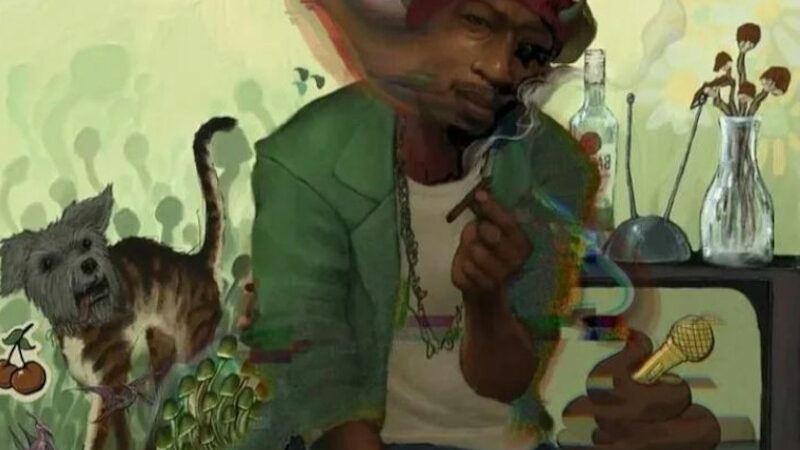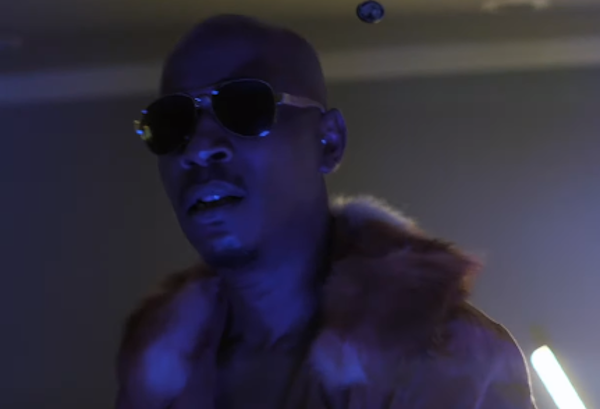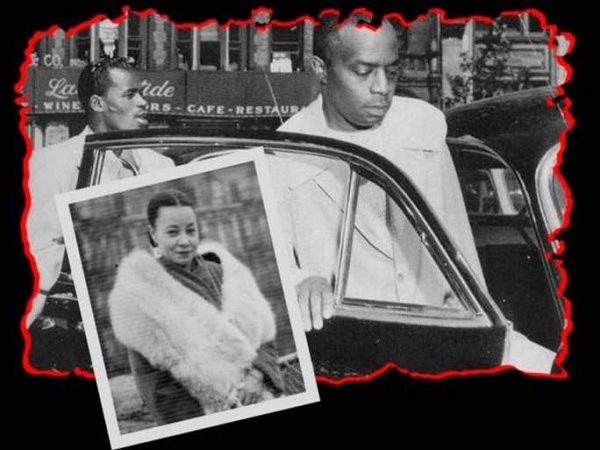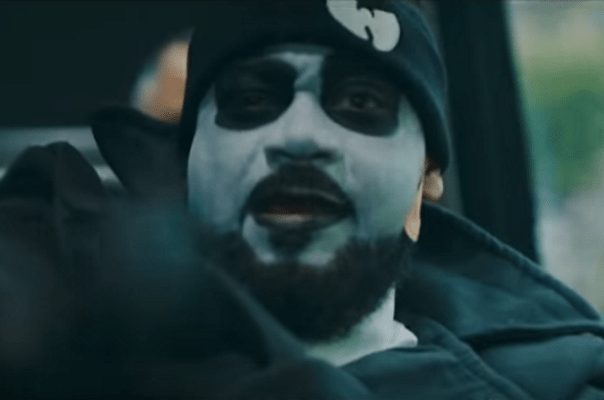Such is the world of Chukwuemeka Nnamdi Onyejekwe. His Nigerian parents and a shitload of others gave him the side eye for leaving the lofty comfort of Weil, Gotshal & Manges, LLP, one of the world’s most prestigious firms, to pick up a mic. Mekka has had songs licensed by ESPN and has gotten some attention for his music, most recently by MTVU for his latest song “Dirty.” He sat with Planet Ill to talk family, Black identity, cultural expectations and much more. Get hip.Planet Ill: Son of Nigerian parents. You deal with a lot of dual issues with your culture. I haven’t met an African yet that only knew one language. You’ve got a law degree and you come from a long line of achievers. How did your parents take it when you decided to quit being an attorney to rap?
Mekka Don: I’m the youngest of the family so you know typically in families the youngest of the household gets the most flexibility in terms of the way their parents treat them in terms of expectations. But I also got a little flexibility in terms of being able to operate outside of the box in terms of playing sports as well as entertainment. Although they still continue to stress education, the longer they got acclimated to the culture of the United States they realized that I could be successful intellectually from an educational standpoint, but also in other ways.
So music wasn’t something that I just picked up recently. I was in a band in 1999 I was a drummer and that’s when music really started for me. So they always knew I had an interest in it. So it wasn’t as if they were caught completely off guard. But still, that being said, I think they would have preferred me to stay in the legal field. My mom is very supportive of me; she believes in me. She always thought I was going to be a star. My dad wasn’t as understanding. I think he thought it would be cool as a hobby but I think he was nervous in terms of what that would do to my reputation. What would I do if I didn’t make it so on and so forth. It wasn’t the easiest thing with him.
Planet Ill: You were with a pretty high powered law firm when you left. How did that experience as an attorney help you in terms of your career? I know you did some modeling and you’ve gotten some high level coverage from spots like ESPN. How has your career as an attorney been of benefit to you?
Mekka Don: I think in a number of ways. One thing is from a work effort standpoint. To actually become an attorney, it takes a lot of hard work. In law school but even before that in college. And also when you get to law school and after law school taking the bar it takes a lot of discipline to complete those tasks so to me it helped discipline me.
Also from a business standpoint I was around a lot of different people that were involved in the industry I learned about the industry from the business side. So I wasn’t just involved from the artist side, but I’ve seen contracts before I even jumped into this pool, I’ve seen various types of recording agreements. I’ve seen licensing agreements. I’ve worked on them. I’ve represented people in various types of litigation involved in the music industry. So I also understand it from the legal and the business side.
And also, I don’t know if it’s finally, but additionally from a contact standpoint. I know a lot of people who are in the industry from the business side or the legal side and they have certain connections so as far as my networks, because I’m an attorney I’ve been able to meet people I probably wouldn’t have otherwise met if I was just your run of the mill up and coming artist. Even with the licensing agreements that I signed with ESPN for my music, I didn’t need an attorney to read them over to me.
There’s stuff like that. Sometimes I don’t even realize the benefits that I’m getting because I am who I am and I don’t necessarily realize that I’m using [those skills]. But those skills are examples of things that have definitely worked to my benefit.
Planet Ill: You were also an athlete. How does that kind of focus translate into what you do?
Mekka Don: Well I think again going back to work ethic, to be a top athlete. It takes a certain level of dedication and work ethic. It also takes a lot of prioritizing in terms of what’s important to you. Sometimes you have to sacrifice certain things, be it going out or partying, having fun. Sometimes you have to sacrifice those things even if everybody in your area is doing that. Sometimes you just gotta stay home. Sometimes you can’t do some of the things people do.
Also, it affects my workout regimen. You know I work out four times a week. I try to do five. A lot of the exercises that I do are a direct result of things or exercises that I learned or that I had actually done when I was in college and in high school. Diet the same thing, Just staying in shape is as important in this industry to stay in shape. Image does matter to a certain degree.
And also just drive and determination and working with a team; realizing that you can’t achieve this goal by yourself. Even if you are the captain you still need a team of people that can get you to where you’re trying to go. And that take s a lot of patience. It takes delegation of responsibilities. It takes trust. Those are some of the things I’ve learned. And the last thing is the network. A network is also consistent with a lot of athletes. A lot of athletes have a lot of relationships that your average everyday person doesn’t have. And a lot of access. So those have been all the benefits of that.
Pages: 1 2







One thought on “Mekka Don: How To Fight The Law And Win”